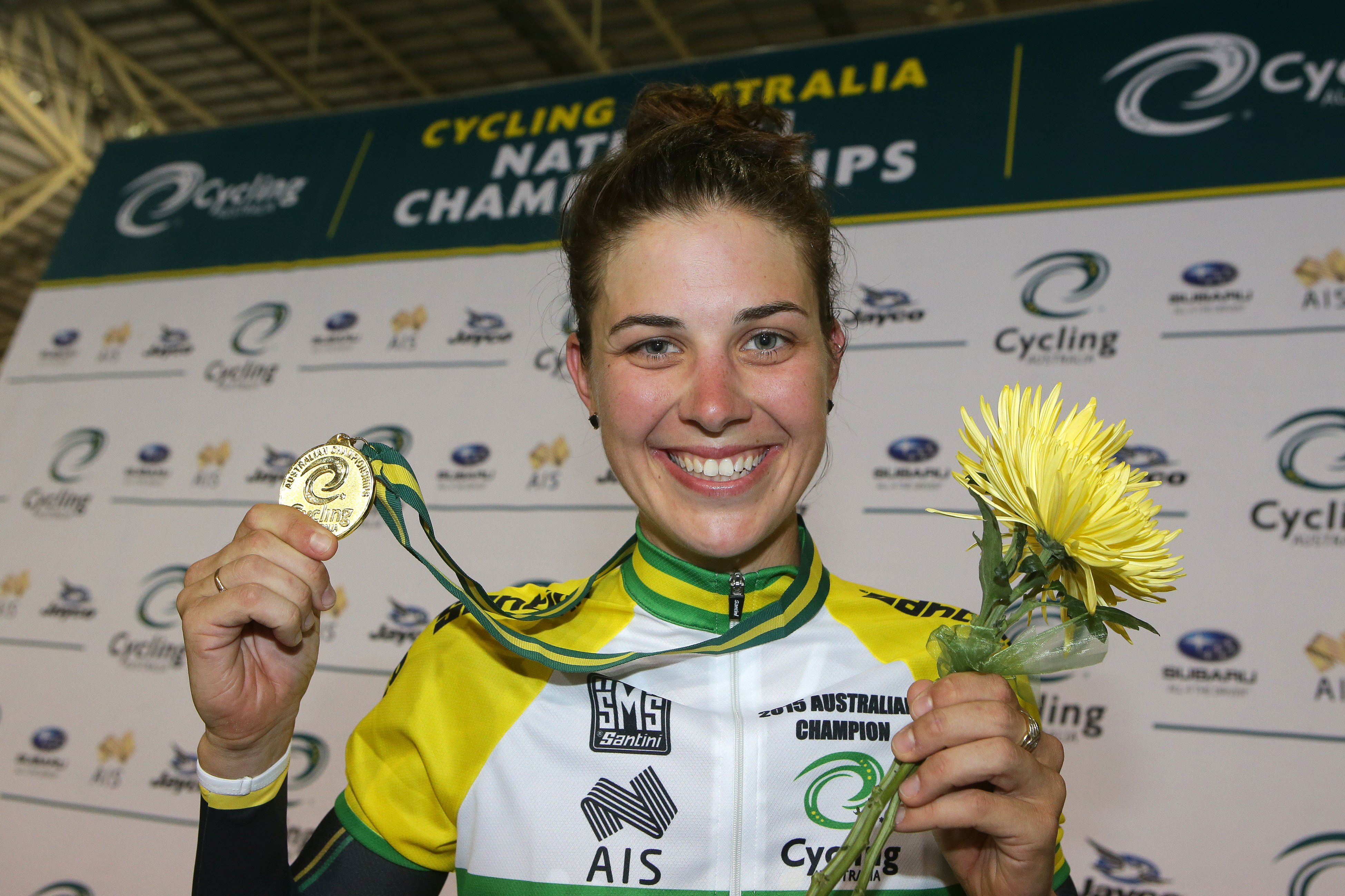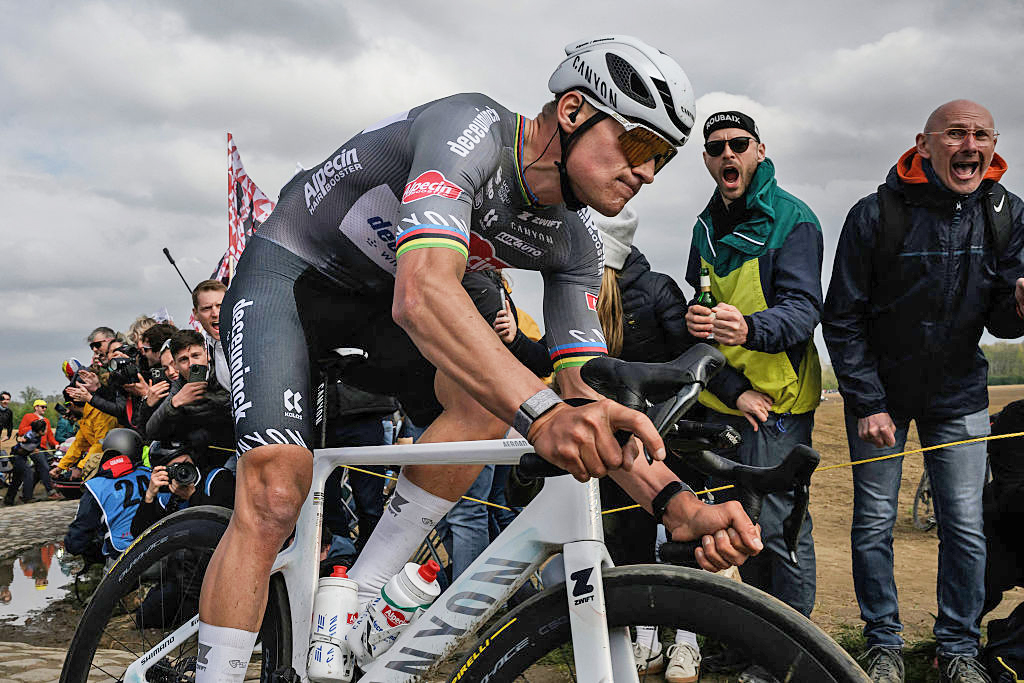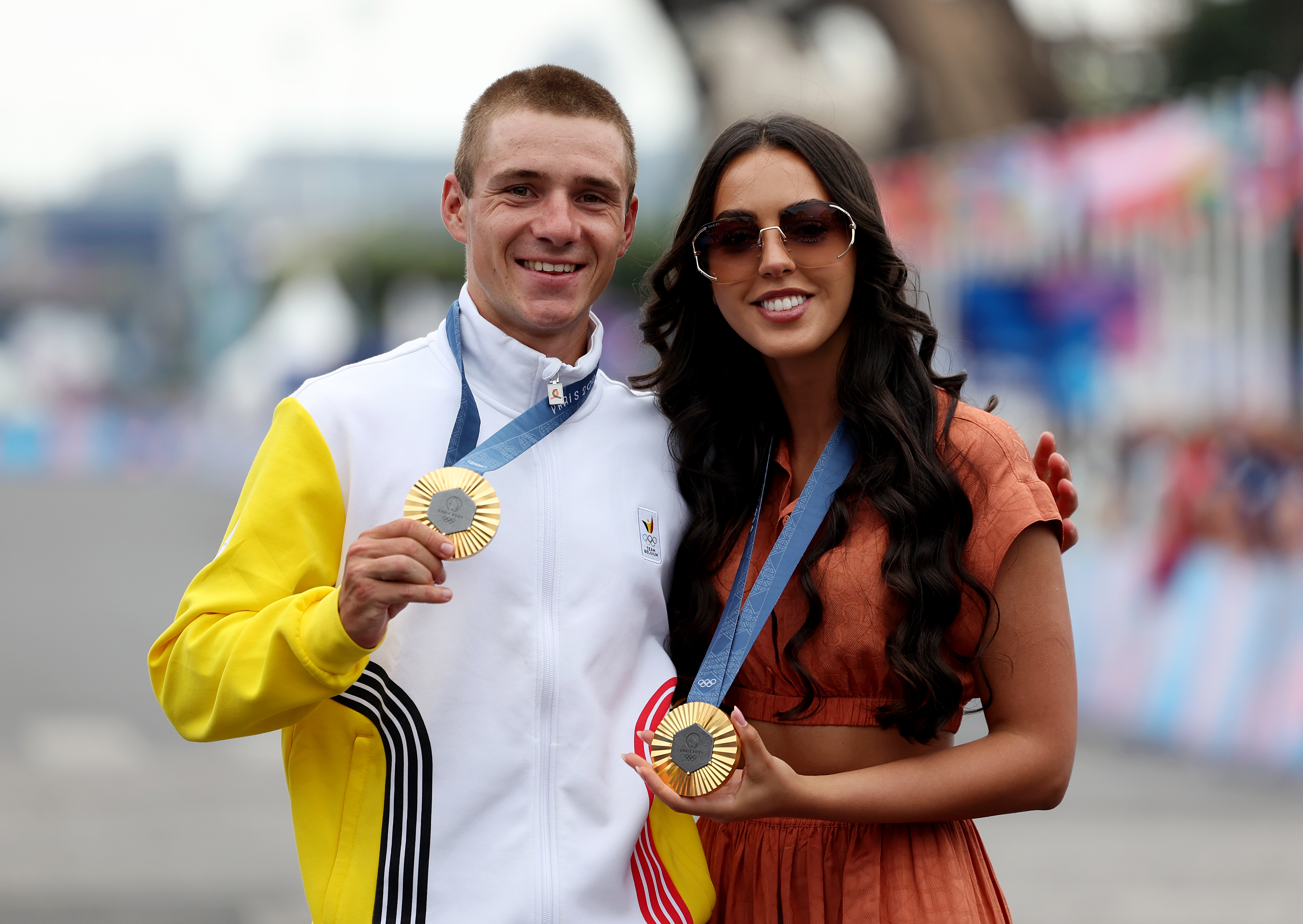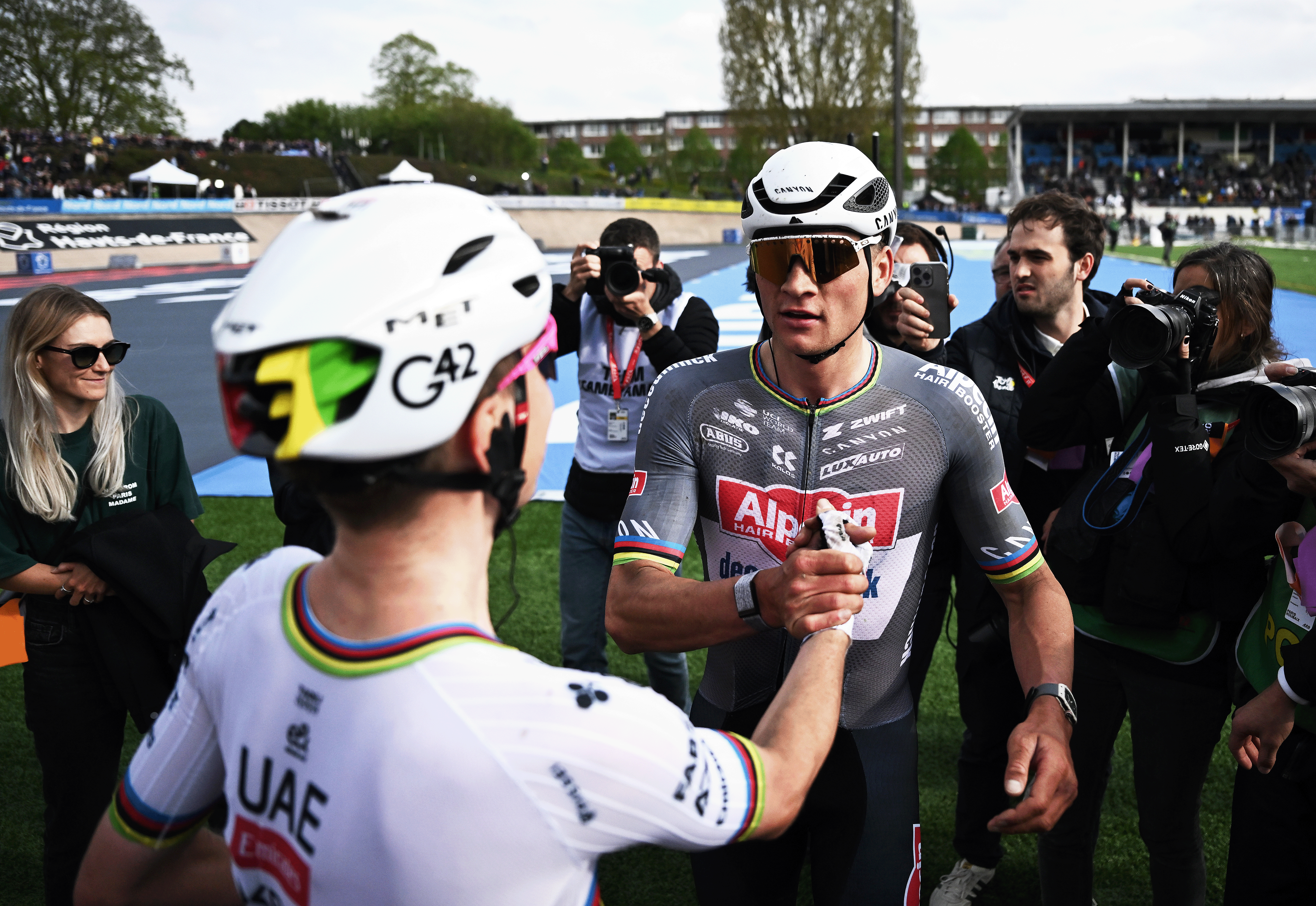Colombia a true test for climbers
Rujano returns as defending champ and favourite
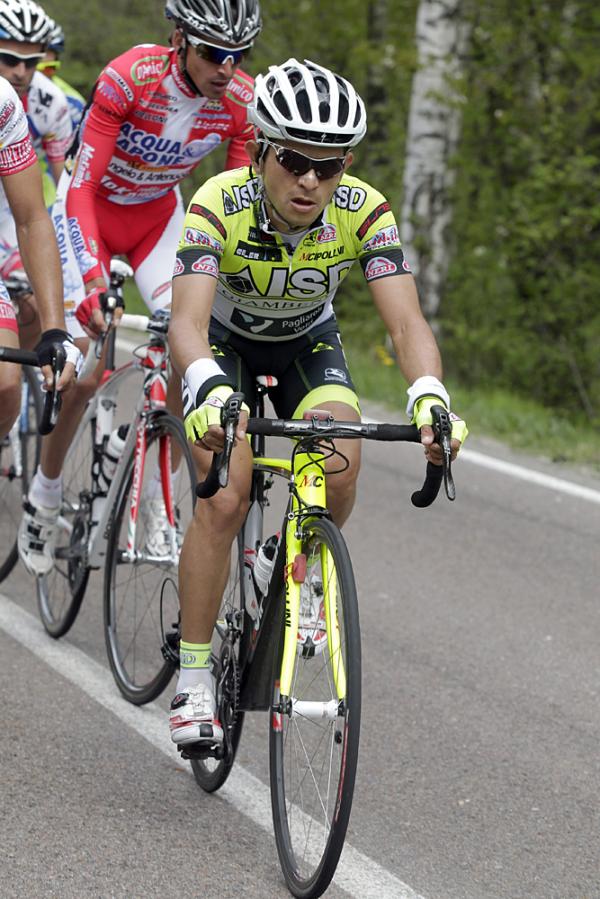
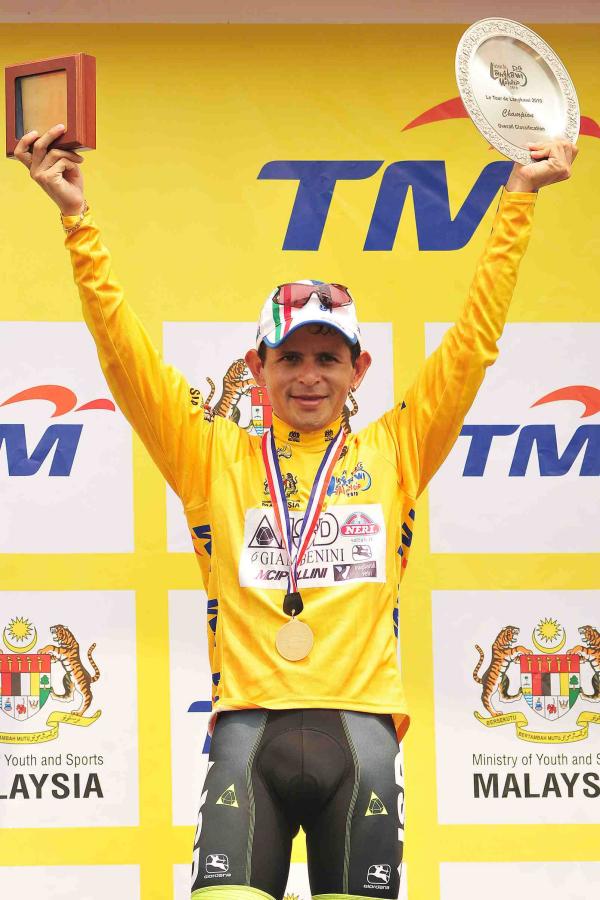
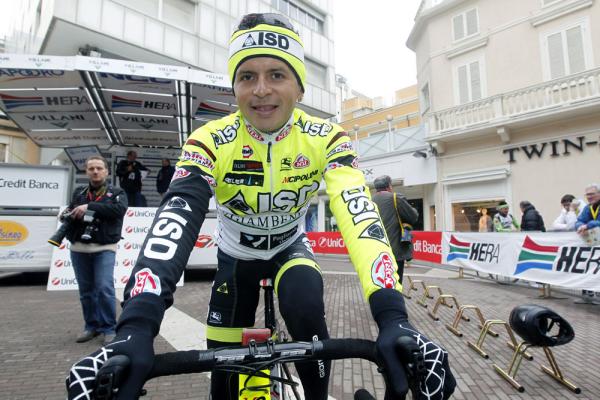
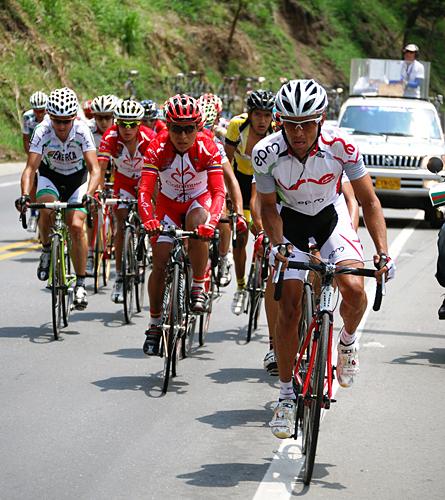
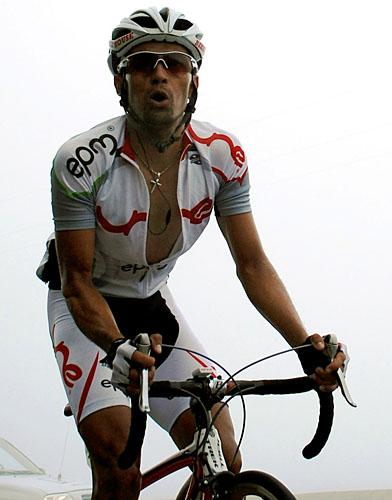
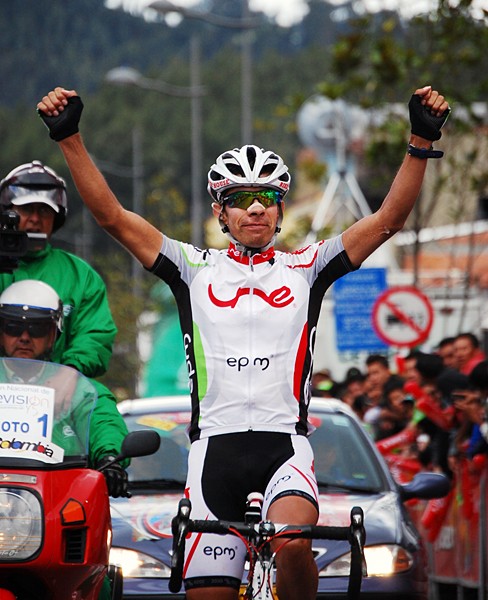
With the cycling world's attention trained on France, the South American nation of Colombia is quietly preparing for it own national tour.
The 60th Vuelta a Colombia kicks off on August 1 and will showcase some of Latin America's premier talent over 15 stages that will take riders from the opening team time trial in the small town of La Ceja to Bogotá's Plaza de Bolívar and over the famed climbs of La Linea and Alto de Minas to the final time trial in the city of eternal spring, Medellín.
The Vuelta a Colombia was first held in 1951 and covered 1,233 miles over 10 stages, with the Efraín "El Zipa" Forero Triviño taking top honours that year.
The race is regarded as one of the toughest events in cycling with climbs that take the peloton through mountain passes hundreds of metres higher than anything in Europe's Grand Tours. It is also known as one of the most dangerous events in road cycling, as the race has seen many fatalities including the 2005 death of Colombian journalist Alberto Martinez Prader, whose jeep plummeted into a ravine during a descent.
For the last 59 years podium honours at the Vuelta a Colombia have been more or less a strictly local affair, with only three riders outside of the country winning the race. However, the last foreign rider to win the Vuelta was Venezuelan José "Jojo" Rujano, who won last year ahead of Colombians Freddy Montaña and César Salazar respectively. Colombians are fiercely proud of their cycling heritage so don't look for them to give Rujano an easy run in 2010.
The main contenders and key stages to watch for in this year's Vuelta a Colombia:
José Rujano (Venezuela) - The defending champ is the rider that everyone will be watching during the 2010 Vuelta. The 2005 Giro d'Italia King of the Mountains champ will be hungry for a result after his team, the Italian-based ISD-Neri squad, was snubbed by Giro organisers this year.
Rujano has been in fine form this season, pulling out wins on his home turf in the Vuelta a Táchira and in Malaysia's Tour de Langkawi in March and the always-mountainous route favours the little Venezuelan climbing specialist.
Giovanny Báez (Colombia) - Riding for the Colombian UNE-EPM team, Báez has already proven he can win the Vuelta, when in 2008 he took three stage wins (including the summit finish atop the dreaded La Linea climb) and the general classification. Báez's UNE-EPM squad is also one of the strongest teams lining up for this year's Vuelta and if he's in form, look for Báez to be in the hunt.
Mauricio Ortega (Colombia) - Maybe the biggest threat to Báez's chances of winning the Vuelta a Colombia come from his own UNE-EPM teammates, Mauricio Ortega. It's still unclear who will be the leader of the squad and while it may not be as controversial as the Armstrong-Contador Astana scandal, it will be interesting to see who takes the captain's chair.
While Báez has won the Vuelta before, Ortega boasts a pretty good CV, including high spots throughout his career in the Vuelta and the RCN Classic as well as a gold medal in the 2002 Pan American Under 23 time trial championships. Many insiders in Colombian cycling have pegged Ortega to take the top spot.
Óscar Sevilla (Spain) - Sevilla, who recently inked a deal with the Colombian Orgullo Paisa squad, has one of the best resumes in the Vuelta a Colombia. His time in Europe includes stints on Kelme, Phonak and T-Mobile, where he backed up Jan Ullrich in his 2005 Tour De France bid.
With podium finishes in the Vuelta a España and the Dauphiné Libéré as well as the white jersey in the 2001 Tour de France, Sevilla's experience racing in the European peloton should serve him well in Colombia. The Spanish climber has also already raced the Vuelta a Colombia in 2008, winning a stage, and won Colombia's other major, the RCN classic, in the same season.
Fabio Duarte (Colombia) - Duarte became Colombia's bright, young cycling star after winning the 2008 Under 23 World Championship road race in Varese, Italy.
He's been having a good season with an impressive win in Spain's Circuito Montañés and his Colombia es Pasión team is arguably the deepest squad in this years Vuelta, featuring Giro d'Italia stage winner Luis Felipe Laverde and 2007 Under 23 Vuelta a Colombia winner Oscar Sánchez. Duarte is also the pride of Colombia, so he'll have the backing of the nation when he's on the road.
Key stages:
Stage one (La Ceja to Rio Negro) - The opening day time trial will set the bar for which teams are competing and which are just along for the ride. The 20.8km route will give riders one of the few flat stretches of road in the Vuelta, but what the stage lacks in elevation change it makes up for in curves.
The winding, rural roads between the two small towns about 45 minutes outside of Medellín will test teams abilities to work together.
Stage five (Bucaramanga to Socorro) - While there will be earlier stages where the climbers can stretch their legs, stage five will be the first true test during the Vuelta. The 117.8km stage starts at an altitude of 1010m and rises to 1930m before dropping down to 1270m at the finish in Socorro.
The first Category 1 climb of the Vuelta is also featured in the stage as the peloton ascends the Alto Chiflas, which lays 63km in and is followed almost immediately by a Category 3 climb up the Alto Aratoca. These two climbs are sure to split the field up and show who's going to be gunning for a podium spot. What's left of the peloton then will descend down into the small town of San Gil before winding its way it Socorro.
Stage nine (Bogotá to Libano) - Departing from the capital of Bogotá, stage nine takes the Vuelta on a grueling 229.6km journey to the town of Libano. The Alto Del Vino climb 25km into the stage is a deceivingly difficult Category 3 ascent and could be a launching point for an early attack, while the peloton is still riding at a high altitude of 2800m.
A Category 2 and another Category 3 climb greet riders along the route before the Category 1 Alto La Virgen climb only 10km before the finish. With a difficult stage the next day, stage nine should be a wide open affair; look for a team without an overall contender to take a swing during this mountainous day.
Stage 10 (Armero Guayabal to La Tebaida) - With a distance of just over 203km and four categorised climbs, stage 10 promises to be the toughest of the race, but what makes it the queen stage of the 2010 Vuelta a Colombia is the attack on La Linea.
For anyone unfamiliar with Colombian cycling, La Linea is the Vuelta's equivalent of Alpe d'Huez or the Passo di Gavia. The 3200-metre, hors catégorie climb could be a spot where a rider like Rujano or Báez makes his move to seize the overall ascendancy. Whatever happens, there is sure to be plenty of fireworks and suffering on the way up La Linea.
Stage 14 (Manizales to Medellín) - After the Vuelta breaks for a few "relatively" flat stage following La Linea, the penultimate stage sets up the overall contenders to do battle one last time before the final time trial in Medellín.
The hors catégorie Alto De Minas is the Tourmalet to La Linea's Alpe d'Huez and the summit finish on the Alto De Las Palmas not only promises impressive views of the Medellín valley, but hopefully a stunning end to the 2010 Vuelta's time in the mountains.
The 206km stage is the last chance for riders hoping to make up large chunks of time in the GC before the closing time trial and will test the race leaders hoping to maintain their positions.
The 2010 Vuelta a Colombia begins in La Ceja, Colombia on Sunday August 1 and ends in Medellín on August 15.
Get The Leadout Newsletter
The latest race content, interviews, features, reviews and expert buying guides, direct to your inbox!
Latest on Cyclingnews
-
Melissa Hoskins' death was a 'tragic accident' says victim impact statement heard in emotional court hearing, Rohan Dennis' lawyer requests suspended sentence
Judge Ian Press to sentence Dennis on May 14, 2025 -
UCI, Alpecin-Deceuninck to pursue bidon thrower 'so that such behaviour is severely punished'
Mathieu van der Poel's team: 'misbehaviour of a few individuals can have far-reaching consequences' -
'Without you, I would probably have stopped my career' – Remco Evenepoel thanks wife Oumi in emotional post ahead of return from 'dark period'
Olympic champion primed for first race since October at Friday's Brabantse Pijl after 'the hardest battle of my life so far' -
What's next for Paris-Roubaix's protagonists? – Van der Poel ends Classics campaign as Pogačar heads to favoured terrain in the Ardennes
Dutchman and world champion not set to face off again until Tour de France in July after historic trio of one-day duels
